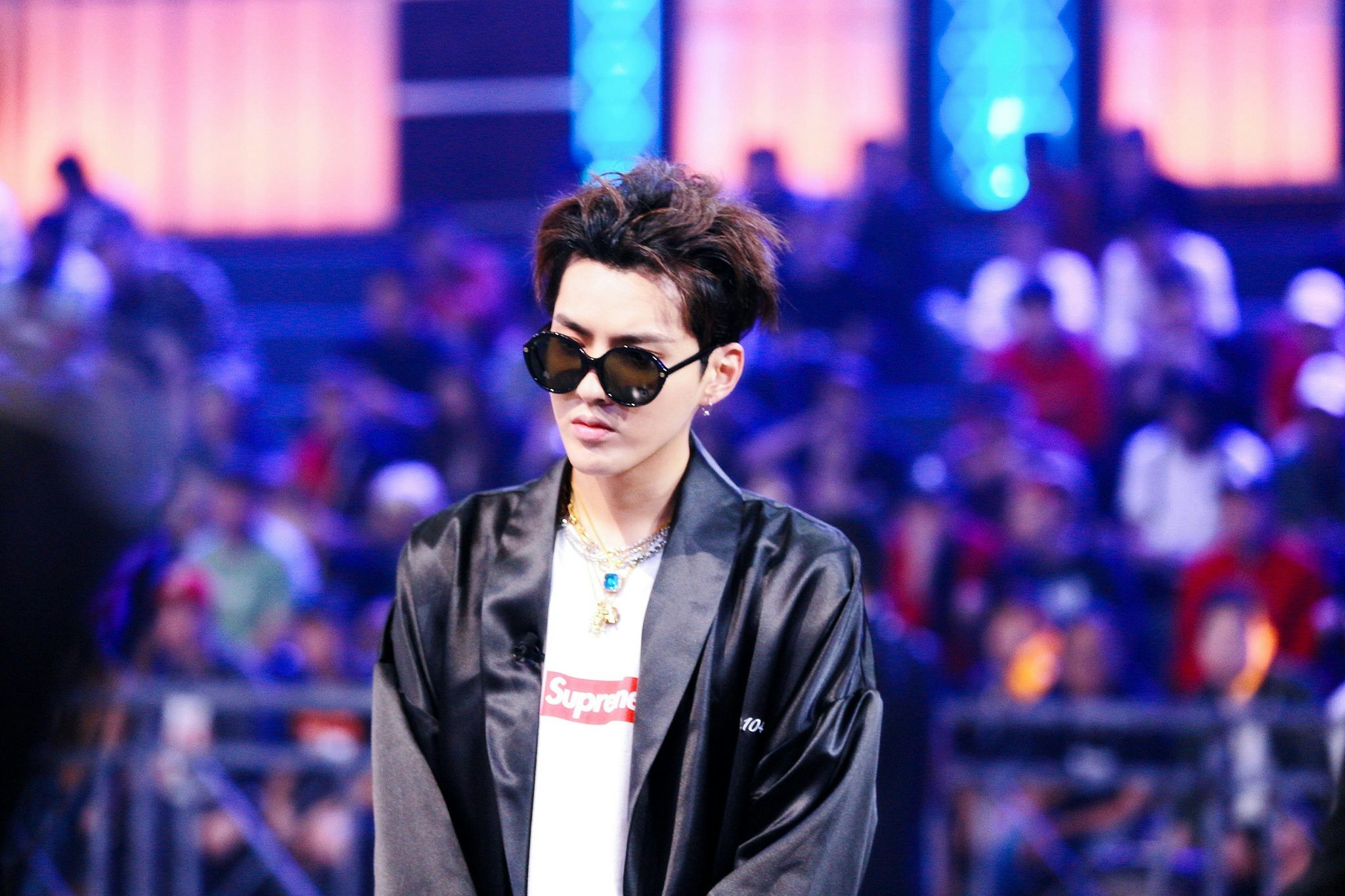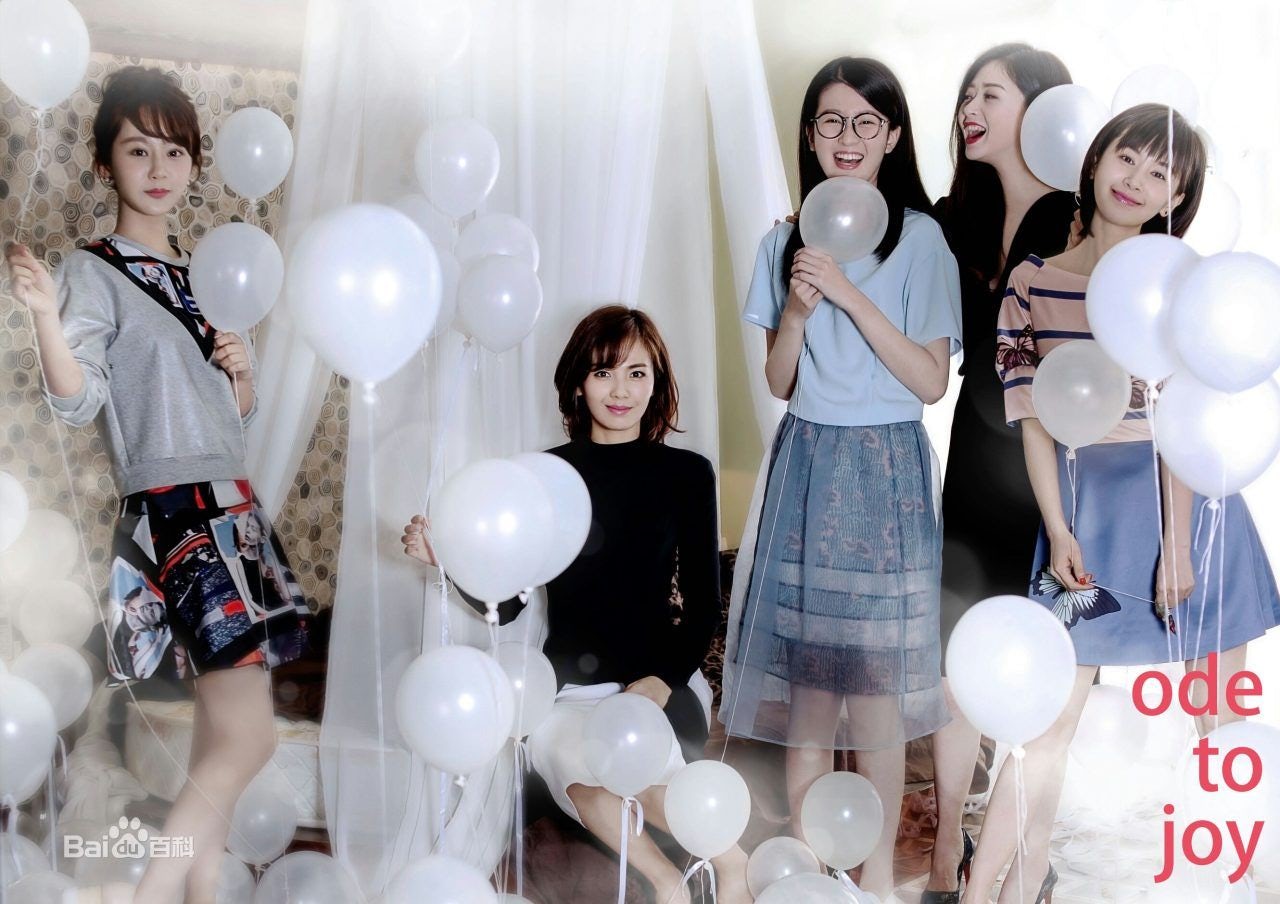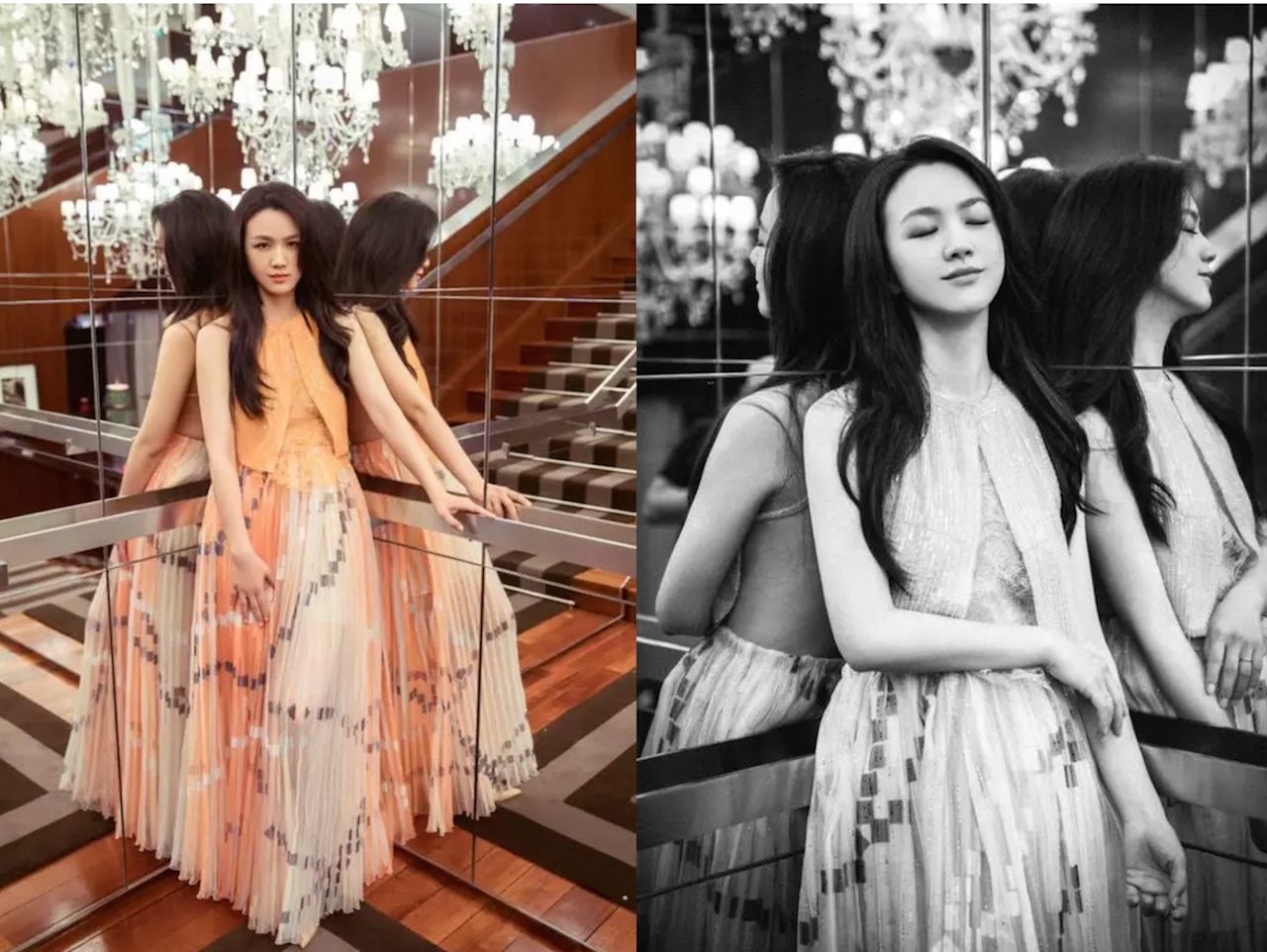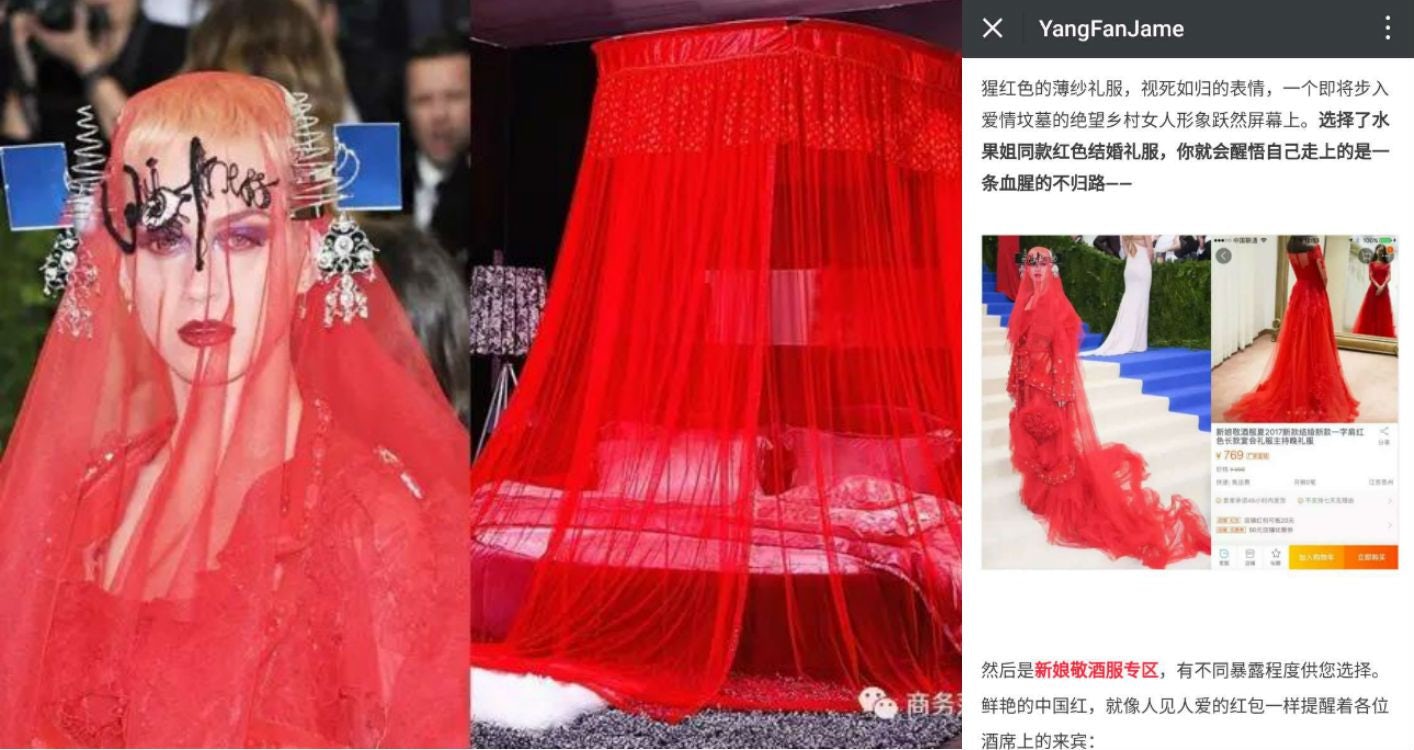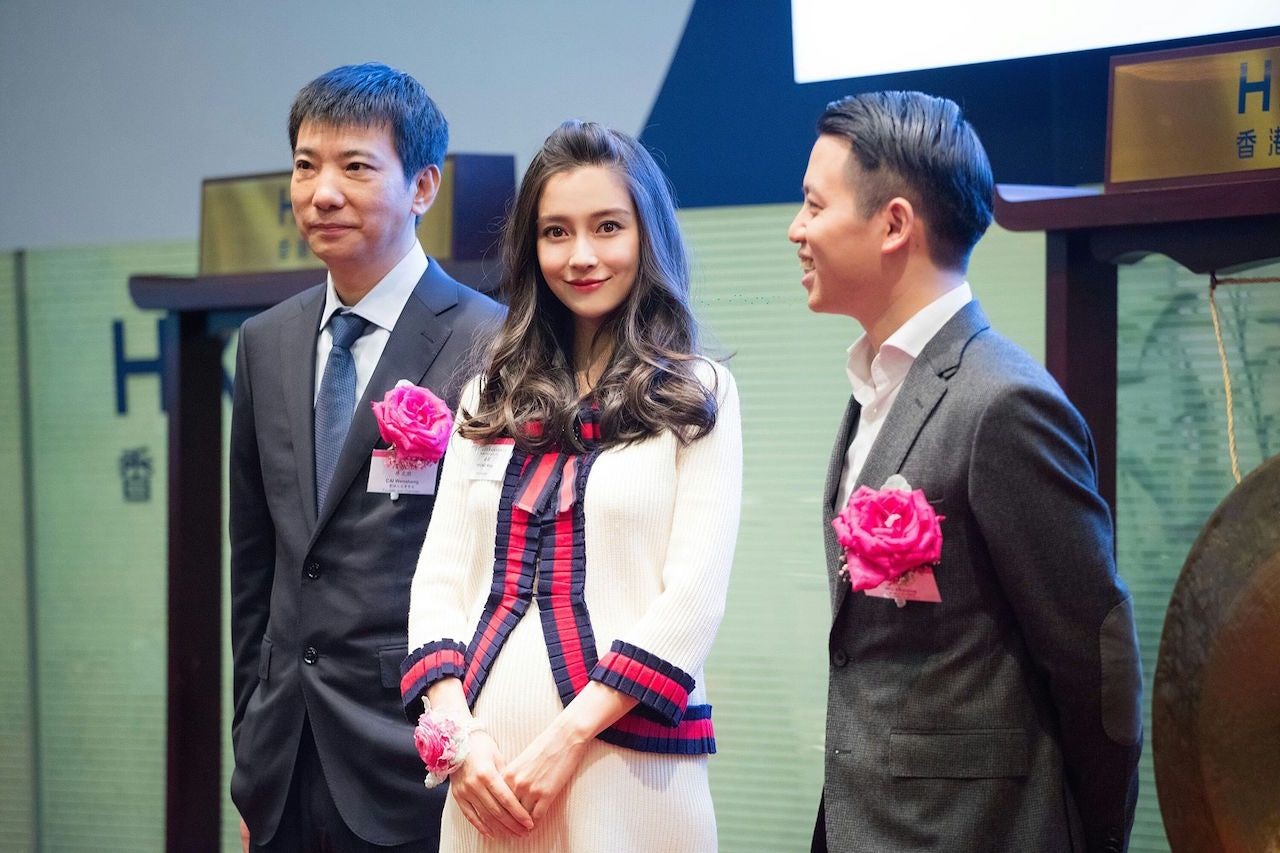The Show That Inspires Chinese Consumers to Talk About Streetwear#
Hip hop fashion and streetwear culture, though popular in the West, have never gone mainstream in China. But that may be changing owing to a popular online reality show and rap competition called The Rap of China, which features four celebrity producers tasked with training and guiding a rotating cast of young competing rappers.
The first episode of the show, which is produced by China's largest online video platform iQiyi, launched on June 24, drawing over 100 million viewers within the first four hours, according to local Chinese media. The average viewership of each episode is currently around 200 million.
One direct result of this wildly popular show is that a series of high-end streetwear brands, including Off-White, Vetements, Supreme and Raf Simons, have become household names among China's millennials.
Each time iQiyi releases a new episode, it soon becomes one of the trending topics on social media platform Weibo, sparking heated debate among internet users over everything from the participants' rapping skills to their sartorial taste.
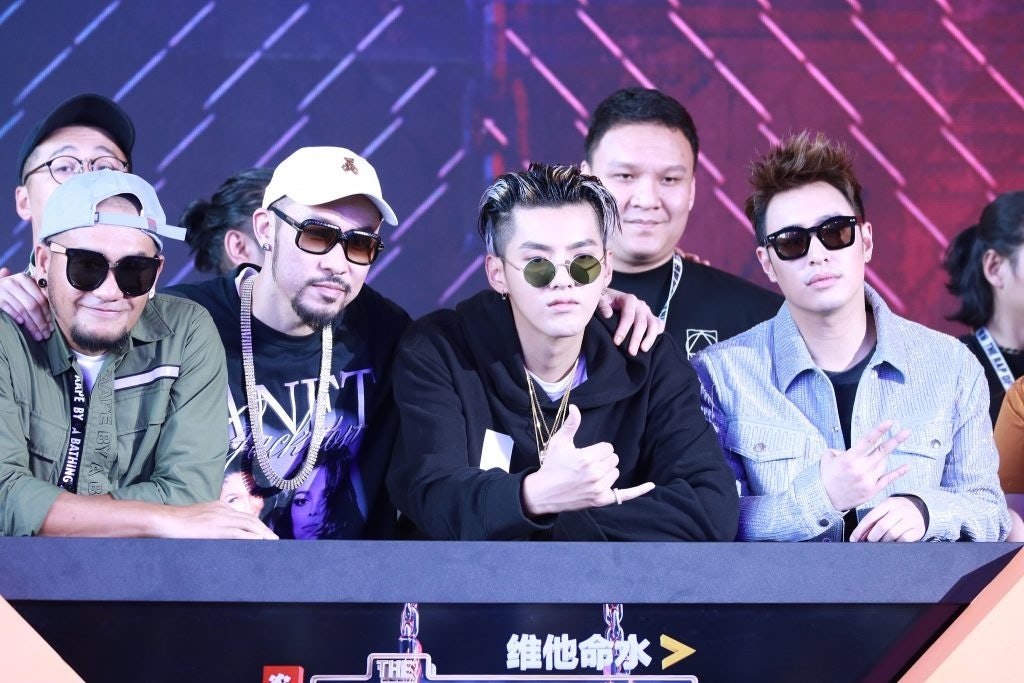
The Kris Wu Effect#
Kris Wu, one of China's most celebrated singers and actors, who has also become a fashion icon and a highly sought-after luxury brand ambassador, is one of the show's four judges along with American-Taiwanese singer and songwriter Wilber Pan, and Taiwanese singers Chang Chen-yue and MC HotDog. But it's Wu who is likely responsible for the show's massive following.
Each of the judges select the winners of the competition and become their producers.
But in addition to the contestants, many of whom went on to sign record deals, fashion labels also got a surprise bump from this show.
In the first episode, Wu made his debut on the show wearing a box logo tee by the New York-based skateboarding shop and streetwear brand Supreme. Supreme is already a very well known streetwear label among Chinese hip hop fans thanks to some Hong Kong-based fashion icons like Edison Chen and Shawn Yue who constantly show their appreciation for it.
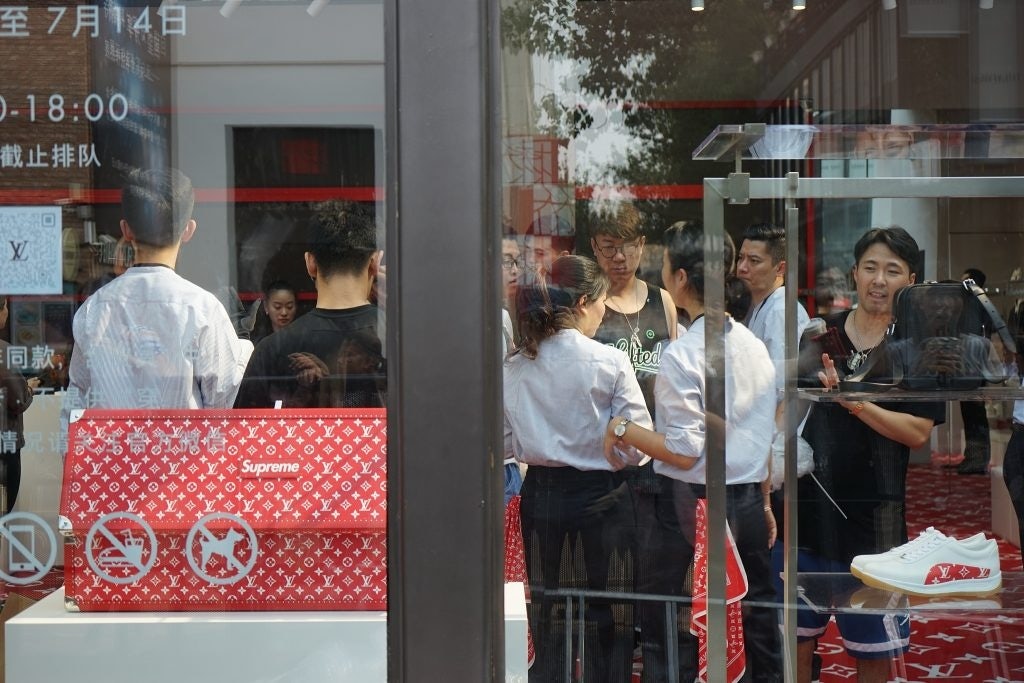
Supreme X Louis Vuitton Brought Luxury and Streetwear to the Masses#
The appeal of Supreme to a wider base of consumers was broadened through the brand's recent collaboration with French luxury label Louis Vuitton. In early July, Louis Vuitton opened a pop-up store at a gallery in the trendy 798 Art Zone in Beijing to sell items that the two brands created in collaboration like hoodies, key pouches and the classic LV Keepall emblazoned with logos of both brands. The event attracted hundreds and thousands of Chinese customers.
However, Wu's massive popularity towards female consumers has further aroused curiosity in Supreme. Responding to the demand, many fashion bloggers and domestic media have taken a deeper look at the brand, expanding its reach beyond hip hop circles.
Off-White, the Milan-based label pioneered by Virgil Abloh, is another luxury streetwear brand to have benefited from the show. Many high-profile contestants chose to wear Off-White's hoodies, pants and hats while performing. Its signature black-and-white striped pattern and textual adornments immediately left an impression on Chinese audiences.
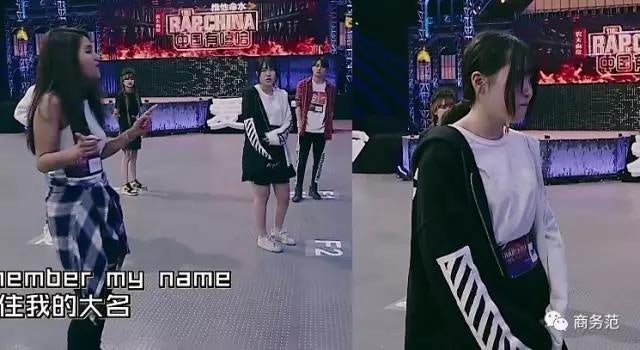
In contrast to Supreme, Off-White's journey in China seems to have just begun. In May, the brand opened a new flagship store in Shanghai as a move to cater to Chinese millennials. Victoria's Secret supermodel Liu Wen wore a denim Off-White gown to this year's Met Gala, which caused a wave of positive feedback on the Chinese internet.
Other beneficiaries of the show include the Parisian cult fashion brand Vetements, and niche streetwear labels like C2H4 Los Angeles and Pilgrimage.
What Streetwear Brands Lose In Being Celebratory About the Show#
The explosion of The Rap of China on the consciousness of Chinese millennials coincides with attempts by international streetwear brands to further tap that market, one that has massive purchasing power and also demonstrates strong interest in understanding foreign streetwear culture as a way to express their individuality.
From that perspective, the show is incredibly significant to brands as it offers free marketing and promotion as well as product placement for their wares. But will that effect alone serve to help streetwear brands grow and flourish in Chinese society as they have in the Western world?
Maybe. Hip-hop culture was born around the 1970s in the United States, at block parties in Bronx, New York. The fashion that grew up around it has also prospered over the past 40 years under the leadership of a number of trendsetters like Russell Simmons, Jay-Z and Sean Combs. But the essence of streetwear is its culture not its products.
As one writer, who compiled the 50 greatest streetwear brands of all time for Complex, noted in that publication, every brand on that list built their brand “off T-shirts” and by "not catering specifically to just an urban or skate audience, and initializing their distribution through selective channels.” So maybe the show will serve as just such a selective channel since notable underground rappers have participated.
In China, hip hop, which is an anti-establishment subculture by nature, is not favored by the government. So, it's been forced to grow mostly underground. One of the latest examples of discontent was in 2015 when the government barred 120 hip hop songs from the internet in China for "trumpeting obscenity, violence, crime and harming social morality."
The launch of The Rap of China in mid-June this year came at a time when the Chinese government has stepped up regulation of the flow of information online. A number of self-managed social media accounts on Weibo and WeChat have been banned, as regulators view their content as poor representation of socialist values.
Liu Bojian, a columnist for the Financial Times, wrote on August 7 that The Rap of China has instilled a lot of patriotic elements when promoting hip hop culture in order to align with mainstream socialist values and government guidance.
The show, thus, has probably made it clear that if streetwear culture and hip hop fashion are to grow in China, which is a good thing, ironically, it has to comply with mainstream ideology. It's a tricky proposition for international streetwear brands, but a seemingly worthy pursuit. Let them have streetwear!
